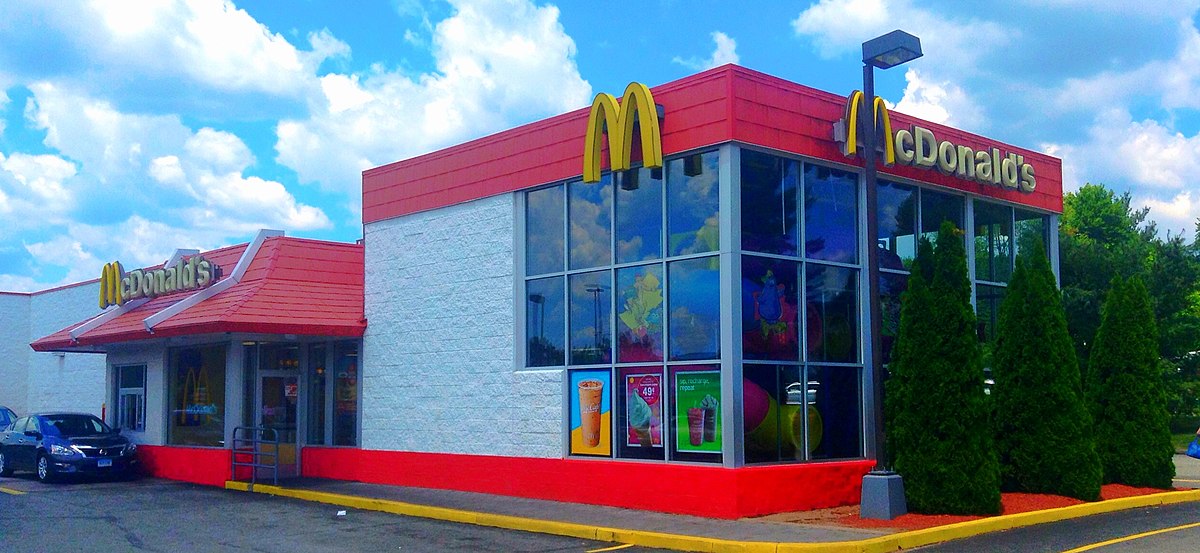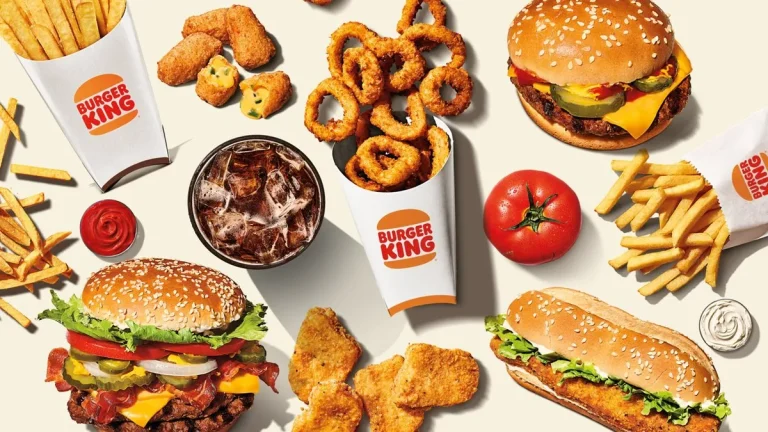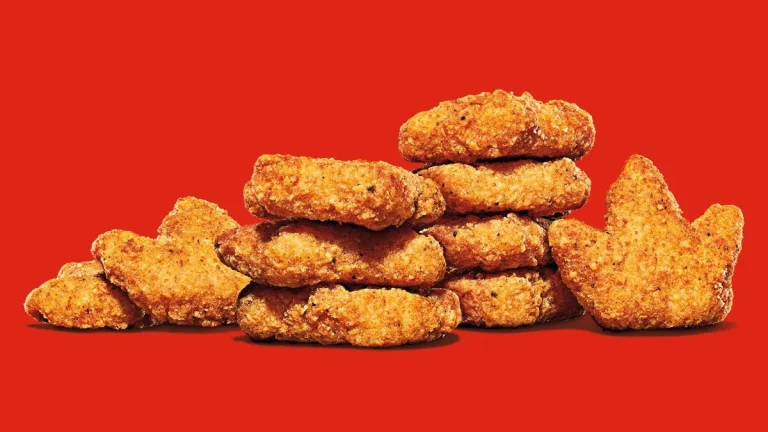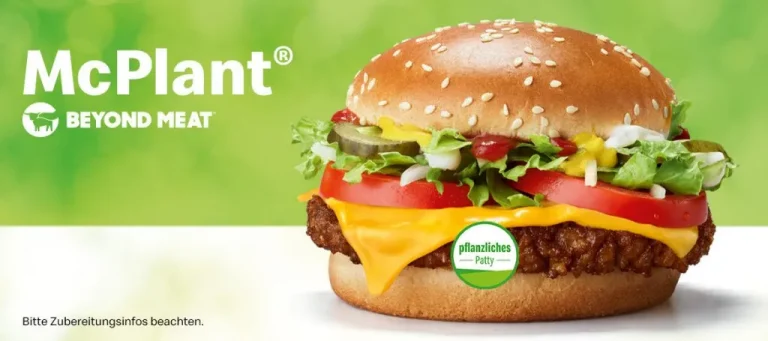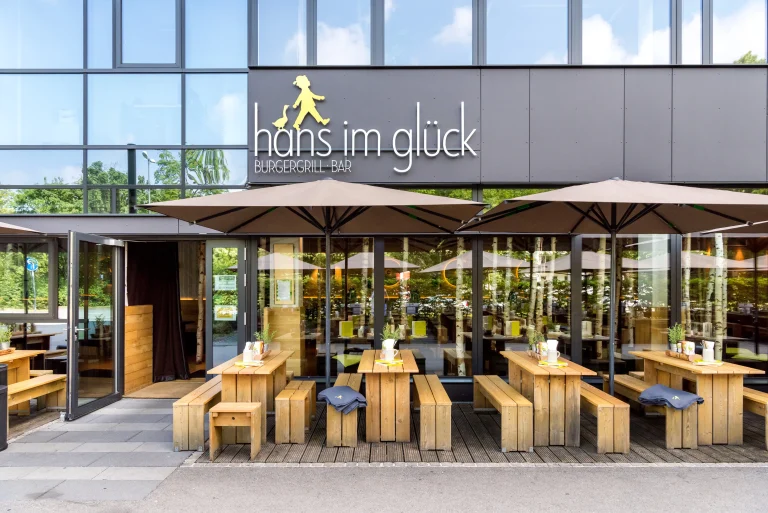PlayPlace: Fun for All Ages Awaits You!
The PlayPlace has long been a beloved feature of McDonald’s restaurants, providing a vibrant and engaging space for children to play and explore. Since its inception in California in 1971, the PlayPlace has captivated young visitors with its colorful tube mazes, thrilling slides, and interactive ball pits. These play areas offer a fun escape for kids and create a social environment where they can bond with friends and family.
However, the landscape of PlayPlaces has changed significantly in recent years. As health and safety concerns grew, particularly during the COVID-19 pandemic, many locations across the United States saw their PlayPlaces shut down or transformed. Despite these challenges, the PlayPlace remains an iconic symbol of childhood joy, inviting children to unleash their energy and imagination while parents enjoy a meal. As McDonald’s continues to adapt, the future of PlayPlaces remains a topic of interest for families looking to create lasting memories.
Table of Contents
The Origin of PlayPlace
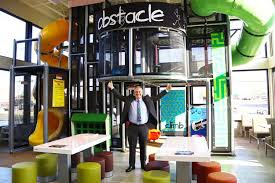
The concept of the PlayPlace was born in Chula Vista, California, in 1971. McDonald’s aimed to create a fun, family-friendly atmosphere beyond just food. Inspired by the whimsical world of McDonaldland, the first PlayPlace featured colorful tube mazes, thrilling slides, and lively ball pits. These attractions were designed to captivate children’s imaginations and give them a unique play experience.
The PlayPlace made its franchise debut at the 1972 Illinois State Fair, quickly garnering attention and enthusiasm from families. Its instant popularity led to the widespread adoption of PlayPlaces across the United States, becoming a staple in many McDonald’s restaurants. This innovative approach set McDonald’s apart, transforming it into a destination for both dining and entertainment.
Features and Attractions
| Feature/Attraction | Description |
| Colorful Tube Mazes | Kids can crawl and explore in vibrant, colorful tube mazes. |
| Thrilling Slides | Exciting slides that provide a rush as children zoom down. |
| Interactive Ball Pits | A favorite spot for kids to dive in and have fun. |
| Video Games | Modern games that appeal to tech-savvy youngsters. |
| Designated Eating Tables | Tables available for families to eat while watching their children play. |
| Imagination Stimulation | Each PlayPlace is designed to encourage creativity and physical activity. |
| Seamless Activity Transition | Easy transitions between activities to keep kids entertained for hours. |
| Family-Friendly Environment | A cherished spot for family outings, ensuring every visit is a new adventure. |
Expansion and Popularity
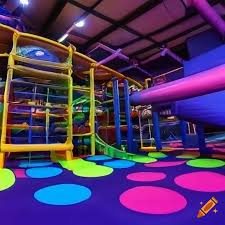
| Aspect | Details |
| Expansion Period | Mid-1980s |
| Features | Prominent feature in numerous McDonald’s locations across the U.S. |
| Family Appeal | Blended dining and entertainment, attracting families |
| Kid Appeal | Vibrant play areas that engaged children |
| Parent Appeal | Opportunity for parents to enjoy a meal in peace |
| Influence on Competitors | Inspired other fast-food chains to add similar play zones |
| Foot Traffic Increase | Significant rise in visitors, particularly families with young children |
| Development of Entertainment Centers | Led to larger family entertainment centers |
| Industry Impact | Set a new standard in the fast-food industry, transforming restaurants into destinations for fun and relaxation |
| Brand Association | PlayPlace became synonymous with McDonald’s, altering the dining experience |
Leaps and Bounds
| Year | Event |
| 1991 | McDonald’s expanded PlayPlaces by introducing Leaps and Bounds, a chain of family entertainment centers. |
| Leaps and Bounds featured expansive play zones, elaborate climbing structures, and various interactive games. | |
| Designed for a complete family outing, offering entertainment for children of all ages. | |
| 1996 | McDonald’s merged Leaps and Bounds with Discovery Zone and Chuck E. Cheese to consolidate resources and enhance family entertainment. |
| Leaps and Bounds is no longer a standalone entity but has influenced the design of modern family entertainment centers. | |
| The legacy of Leaps and Bounds lives on through its innovative approach to creating memorable family experiences. |
Safety Concerns and Incidents
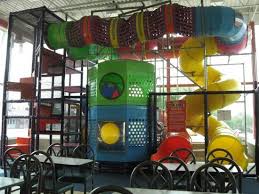
| Year | Incident | Details | Response |
| 1999 | Fine from U.S. Consumer Product Safety Commission | McDonald’s faced a $4 million fine for failing to report over 400 injuries related to the Big Mac Climber jungle gyms. | Highlighted the need for stricter safety protocols. |
| N/A | Cleanliness concerns | Parents raised concerns about cleanliness, especially in ball pits, citing unsanitary conditions and hidden hazards. | Increased maintenance and sanitization efforts. |
| March 2020 | Closure due to COVID-19 | All PlayPlaces in the United States were closed due to health concerns related to the pandemic. | Emphasis on hygiene upon reopening. |
| N/A | Ongoing safety emphasis | Reports of incidents and health concerns have shaped McDonald’s approach to ensuring safe play environments. | Continued focus on maintaining a safe play environment. |
Impact of the COVID-19 Pandemic
| Aspect | Details |
| Pandemic Impact | Significant; nationwide closures in March 2020. |
| Health Concerns | Became paramount, leading to swift action by McDonald’s. |
| Visitor Experience | Families, once frequent visitors, found PlayPlaces suddenly inaccessible. |
| Changes Upon Reopening | Enhanced cleaning protocols and social distancing measures introduced to reassure parents. |
| Current Status | Many PlayPlaces still remain closed, creating a gap in the familiar dining experience. |
| Consumer Behavior Shift | Fewer families dining out, reflecting broader changes in behavior. |
| Reevaluation of Role | McDonald’s navigated a new landscape, leading to a reevaluation of the PlayPlace’s role. |
| Future Considerations | The pandemic underscored the need for adaptable, safe environments, reshaping the function of PlayPlaces. |
Decline in New and Renovated Restaurants
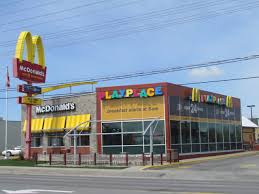
In recent years, fewer new and renovated McDonald’s restaurants have included PlayPlaces. This trend has multiple factors driving it. Health and safety concerns, particularly heightened by the COVID-19 pandemic, have played a significant role. Parents are more cautious about shared play spaces. Additionally, there has been a noticeable decline in families eating out frequently.
As a result, PlayPlaces are less of a draw. Another contributing factor is McDonald’s shift in marketing focus. The brand now targets young adults more than families. This shift aims to present a „sleek and modern“ image. Consequently, the vibrant play areas must align with the updated brand aesthetic. Despite these changes, some new restaurants in countries like Australia still feature PlayPlaces. However, in the U.S., they have become increasingly rare.
Global Presence
The PlayPlace concept has indeed become a global phenomenon. From bustling cities to quiet suburbs, McDonald’s PlayPlaces have spread worldwide. In Europe, they offer kids a vibrant retreat amidst busy urban life. Meanwhile, in Asia, PlayPlaces often blend local cultural themes, creating unique experiences. Australia embraces PlayPlaces, featuring them in many new restaurants.
Latin American countries also enjoy these colorful playgrounds, providing fun escapes for children. Each PlayPlace adapts to its location, catering to local tastes and preferences. Despite regional differences, the core elements—slides, ball pits, and tube mazes—remain consistent. This global reach showcases McDonald’s commitment to family-friendly environments. Through PlayPlaces, McDonald’s continues to connect with families across the globe.
The World’s Largest PlayPlace
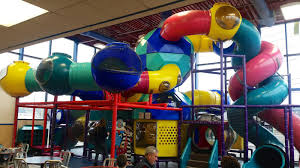
Located in Orlando, Florida, the world’s largest PlayPlace is a marvel. Opened in 1976, it boasts attractions akin to a family entertainment center. Imagine a PlayPlace on steroids, featuring elaborate arcade games and even pizza options. Kids can lose themselves in vast climbing structures while parents enjoy the expanded menu. It’s more than just a playground—it’s an experience. The Orlando PlayPlace offers a unique blend of classic fun and modern amenities.
Its sprawling design encourages exploration and play. Families flock here, making it a popular destination. The vibrant atmosphere buzzes with excitement, creating unforgettable memories. Enhanced safety protocols ensure parents‘ peace of mind. This PlayPlace is a testament to McDonald’s commitment to family entertainment, pushing the boundaries of traditional play areas.
Cultural Significance and Legacy
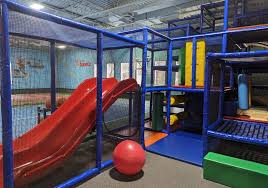
| Aspect | Details |
| Cultural Impact | Left a lasting imprint on pop culture and childhood memories. |
| Symbolism | Represented joy and adventure for children. |
| Anticipation | Kids eagerly anticipated visits, dreaming of colorful tube mazes and slides. |
| Family Bonding | Families bonded over meals, creating cherished memories. |
| Influence Beyond McDonald’s | Inspired similar concepts in other eateries. |
| Design | Encouraged social interaction and active play, vital for child development. |
| Evolution | Adapted to societal shifts, changing needs, and safety standards. |
| Legacy | Though less common today, it endures in the smiles of those who grew up playing there. |
| Nostalgia | Remains a nostalgic icon, reminding us of simpler times. |
| Continued Resonance | Cultural impact continues to celebrate the magic of childhood play and family togetherness. |
Frequently Asked Questions
Why were PlayPlaces closed during the COVID-19 pandemic?
PlayPlaces were closed to prioritize health and safety, addressing concerns about virus transmission in shared play spaces. Enhanced cleaning protocols were introduced, but many PlayPlaces did not reopen post-pandemic.
Are there still PlayPlaces in new McDonald’s restaurants?
New PlayPlaces are increasingly rare in the U.S. due to shifting marketing focuses and safety concerns. However, they remain common in countries like Australia, where they continue to be included in new restaurant designs.
What attractions can kids enjoy in a PlayPlace?
Kids can enjoy a variety of attractions, including colorful tube mazes, thrilling slides, interactive ball pits, and video games. These features are designed to encourage physical activity and imaginative play.
How did safety concerns impact PlayPlaces over the years?
Safety concerns led to increased maintenance and sanitization efforts, particularly after reports of injuries and unsanitary conditions. McDonald’s faced fines and scrutiny, prompting stricter safety protocols to ensure a secure environment for children.
Conclusion
The PlayPlace remains a cherished symbol of fun and adventure. Despite evolving safety standards and shifting marketing focuses, its legacy endures. Children once eagerly awaited their visits, captivated by tube mazes and slides. Parents enjoyed a moment of peace while watching their kids play. The COVID-19 pandemic forced a reevaluation of these beloved spaces. Enhanced cleaning protocols and new health guidelines emerged, yet not all PlayPlaces reopened.
However, their cultural impact is undeniable. McDonald’s successfully created an engaging environment that blended dining with play. The future of PlayPlaces may be uncertain, but their significance in childhood memories remains strong. As McDonald’s continues to adapt, families will never forget the joy these vibrant play zones brought. The PlayPlace has left an indelible mark, celebrating the magic of family outings.
